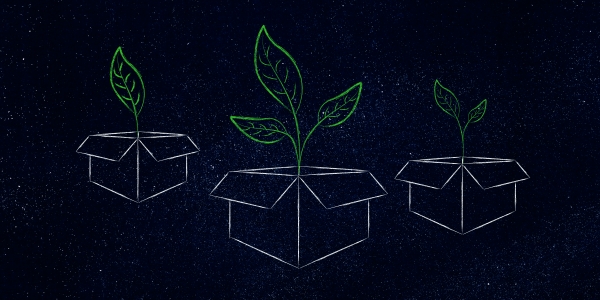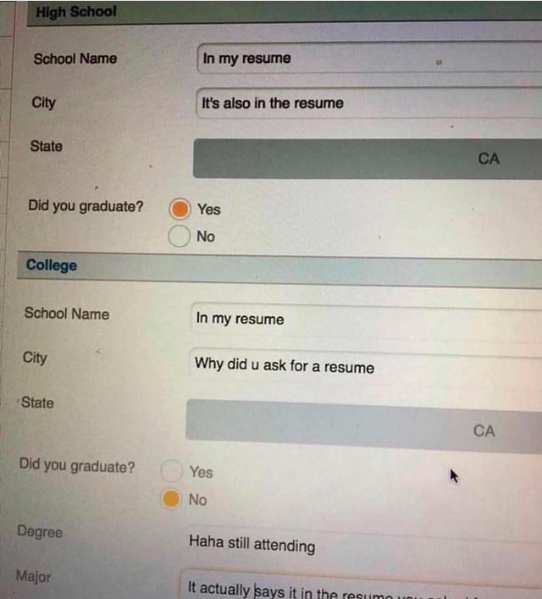The manufacture, transport, and disposal of packaging will inevitably involve the use of energy, no matter how eco-friendly or recyclable they might be. But 75% of people worldwide want a ban on single-use plastics, and two-thirds of U.S. consumers are willing to pay a premium price for sustainable packaging.
Here’s how businesses can get a bang for their buck by using eco-friendly materials.
Excess packaging is full of hot air
“Slack fill” packaging that is disproportionately larger than the actual size of what’s inside — or has unnecessary layers to cushion the product — can often taint a customer’s experience. Alison Taylor, the executive director of Ethical Systems at NYU Stern School of Business, believes reducing these unnecessary materials is critical.
“We can see clearly that consumers are becoming more concerned and focused on excess packaging,” Taylor told b. “Innovations like Loop and reusable delivery boxes are becoming much more popular.”
Shoppers might also feel deceived by excess packaging, especially in the grocery sector. (Is it just us, or did potato chip bags used to be fuller?)
Consumers prefer paper over plastic
The majority of consumers favor paper-based packaging due to its eco-friendly characteristics, as well as practical benefits such as convenient storage.
Take the LEGO Group, for example. LEGO is currently phasing out single-use plastic bags that hold loose building blocks. The company found that kids had an easier time opening paper bags, enhancing their overall user experience. Accessibility can also come into play here.
“There can certainly be benefits from shifting to paper, which is biodegradable and can be cheaper,” Taylor said.
Sustainable packaging will avoid overseas tax penalties
Other countries are quickly taking steps toward a sustainable future — and companies that fail to comply will likely end up paying massive fees. The United Kingdom recently introduced a plastic tax on all businesses that use packaging with less than 30% recycled material.
(In the U.S., the proposed Break Free From Plastic Pollution Act would also place regulatory fees on companies that distribute plastic packaging.)
As consumers, lawmakers, and other stakeholders demand more eco-friendly footprints — with consideration for the full lifecycle and impact of packaging — it’s crucial for businesses to stay ahead of the curve.








